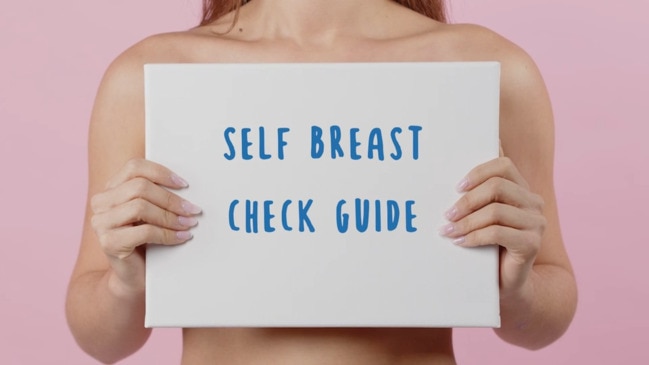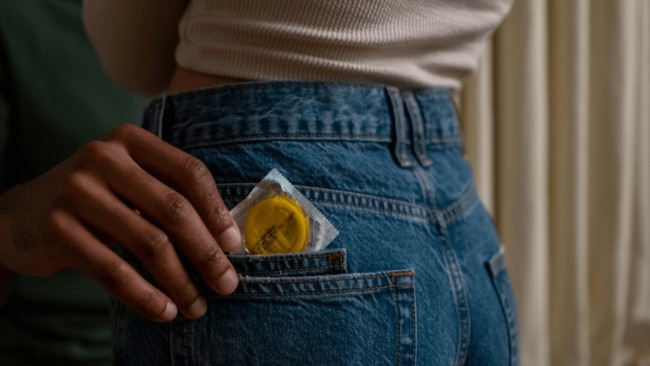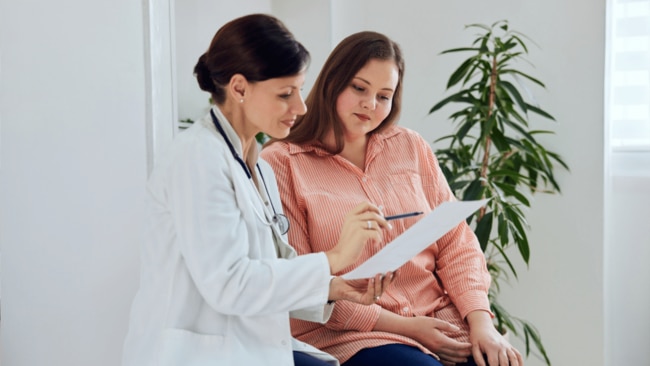Australians can now buy STI self-test kits
Here's hoping infection rates start to decline

Lifestyle
Don't miss out on the headlines from Lifestyle. Followed categories will be added to My News.
As rates of STIs continue to rise in the country, Australian women can now complete a rapid test themselves to test for common infections.
According to the Department of Health, 1 in 6 Australians will get an STI in their lifetime, and rates are increasing.
In New South Wales alone, there was a 20 per cent surge in cases of gonorrhoea between 2022 and 2023, and a 24 per cent increase in chlamydia cases around the country between 2021 and 2023.
At the same time, many Australians also aren’t having protected sex.

Durex found in their 2025 Australian Sex Survey that 32 per cent of single Aussies didn’t use any form of protection last year. 89 per cent of participants said they felt confident in knowing how to avoid STIs, yet 11 per cent said they still relied on the ‘pull out’ method.
Australians are recommended to have regular sexual health checks, especially when changing sexual partners or having unprotected sex.
But some people still don’t feel comfortable going to their GP for a screening.
Australian company, Touch Biotechnology’s self-testing kit is now available, so you can monitor your sexual health at home.

STI Rapid Tests
Working in a similar way to the COVID rapid antigen tests, Sales Director, Steven Quinlan explains, “using a single vaginal swab, buffer solution and test cassette, the test identifies the presence of both infections in women in about 15 minutes, supporting early diagnosis and treatment.”
Early detection of STIs through testing can help individuals seek timely treatment and avoid complications such as infertility or chronic pain. The test is intended to support early detection of gonorrhoea and chlamydia.
“Affordable and discreet self-test kits remove the barriers that have traditionally kept women from seeking care. When infections are caught early, swift action can be taken to prevent complications, such as infertility or chronic pelvic pain”, says Quinlan.

“In underserved communities, where access to healthcare can be limited, this type of testing is especially important. If adopted in healthcare centres, these kits could increase testing capacity,
reduce costs, and improve overall health outcomes for women and the community.
The test is available through major pharmacies and online retailers. For up-to-date pricing and availability, check with local stores or online platforms.
Users need to keep in mind that the kits are only a screening. If you receive a positive reading on the rapid test, the result needs to be confirmed by a medical practitioner, while a negative reading can also be inconclusive due to issues like user error.
The kit may not be able to detect bacterium Chlamydia trachomatis caught 60 days prior to testing, or bacterium Neisseria gonorrhoea caught 10 days prior.

Nursing lecturer at the University of the Sunshine Coast School of Health, Dr Matt Mason told SBS, that people may fall into a “false sense of security” if they recieve a negative result, saying “You're obviously testing for a reason and if you get a negative result you might say 'oh, I'm in the clear', but it could be something else”.
"And you haven't got that engagement with a health professional to look at taking that complete history in a full examination, so there does need to be some care given around a negative result."
The kit also doesn’t test for infections in other areas of the body.
This article is not sponsored, and the information provided is for educational purposes only.
More Coverage
Originally published as Australians can now buy STI self-test kits




